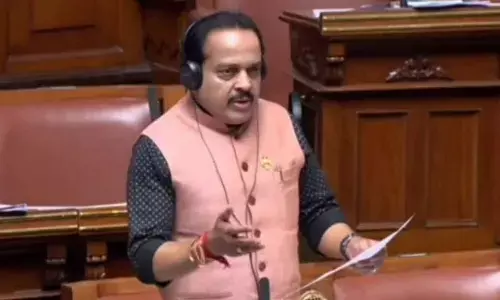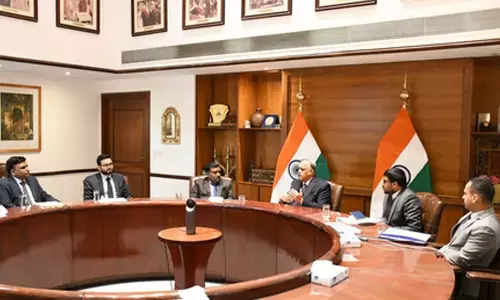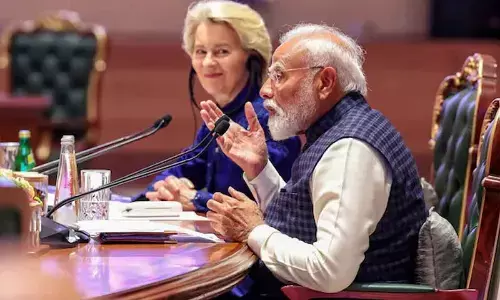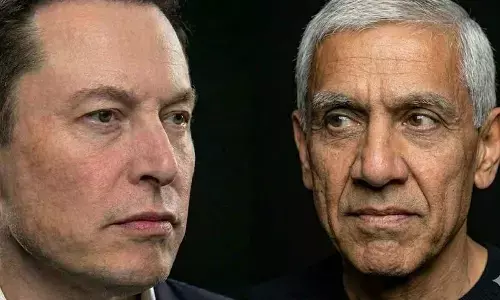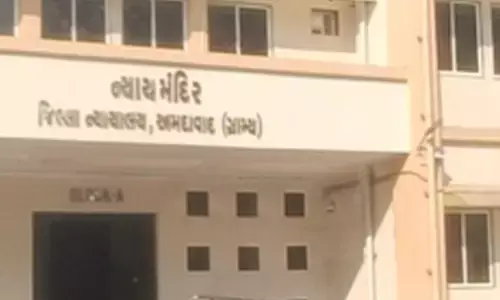MyVoice: Views of our readers - 27 Jan

MyVoice: Views of our readers - 27 Jan
Anti-CAA protests not just minorities' outbursts
This is with reference to the report, '300 celebrities pen Open Letter opposing CAA, NRC' (Jan 27) The growing protests against the amended citizenship law are a reminder of people's energy that alone can invigorate the Republic's democratic essence.
And for that reason, they also constitute a moment of assurance in these times of scepticism. This assurance has multiple facets. The protests have exemplified the worth of constitutional and democratic methods of popular resistance.
That Muslims are participating in the protests in large numbers is reassuring in itself. Minority politics often finds it difficult to fit itself into the vocabulary of "secular" politics, but these protests have helped us rediscover the strength of secular political routes for articulating the minority's concerns.
Having been at the receiving end for the past five years, the minorities have refused to be cowed down. But they have also refused to be driven to daredevilry. While articulating their exasperation, they have laid claims on the Constitution and tricolour.
The claim on the nation and its democracy means that irrespective of who the protesters are — or whatever clothes they wear — the protests cannot be easily rejected as an agitation "by the minorities".
This has ensured that the issues at stake do not remain confined to the interests of a particular community. They, instead, appeal to anyone who is reasonably inspired by the wisdom of the Constitution — and the dream of democracy.
Ravi Kishore Ch, Hyderabad
Encourage paper reading
The addiction to mobile phones is increasing alarmingly among our children. They are seen screen-reading, immersed from toddlerhood in the pleasures and instant gratification of skimming, clicking and linking, which helps develop cognitive skills that make them adept power browsers, good at the useful ability to scan for information and analyse data.
But this kind of reading can short-circuit the development of the slower, more cognitively demanding comprehension processes that go into the formation of deep reading and deep thinking. Unless the cognitive skills required for deep reading are similarly developed and nurtured, new generations of readers – distracted by the ready availability of digital information – may not learn to venture beyond the shallows of the reading experience.
Along with others concerned with early childhood education, encouraging paper literacy from infancy. It does not mean we should forbid devices. Instead we should regularly turn them off and make the time and space to read books on paper with children.
We can model our own reading practices by setting aside our own smart phones to lose ourselves in a book. The problem can seem intractable. But it can be done.
Revathi R, Vijayawada, AP










